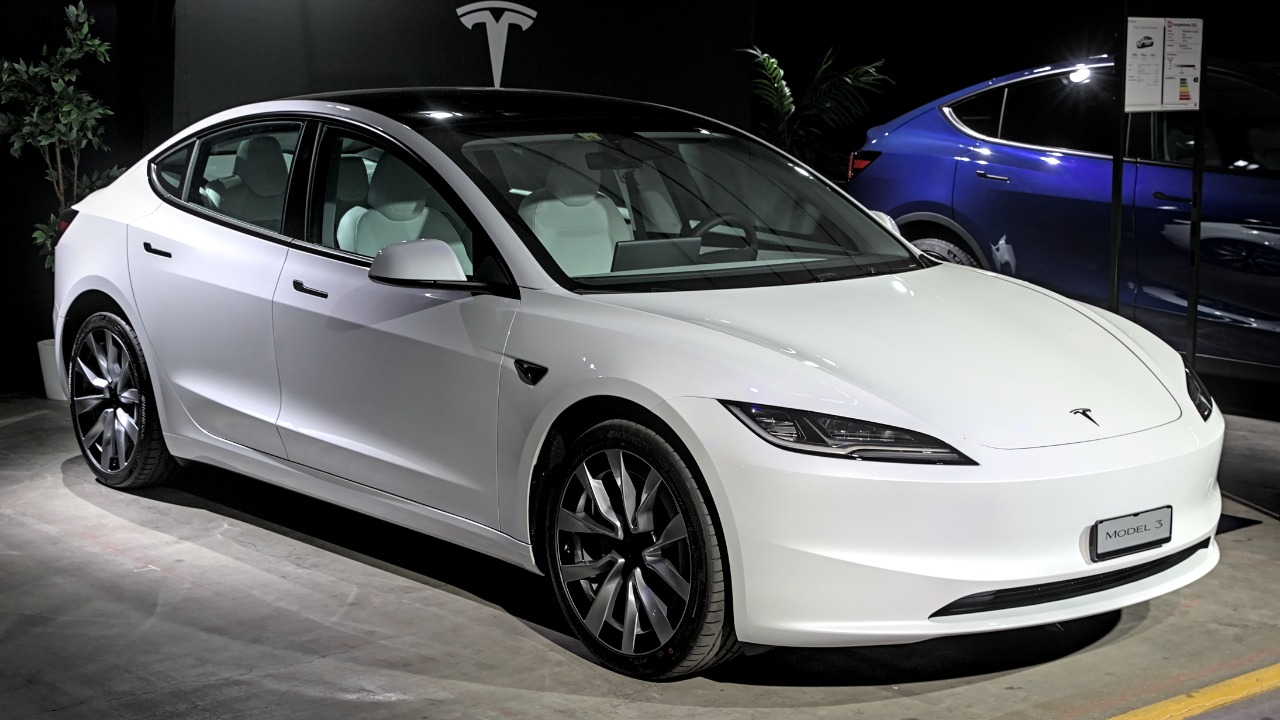The rise in electric vehicle (EV) ownership has caught the attention of scammers who are now targeting EV owners with fraudulent car warranty offers. As the landscape of automotive technology shifts, so do the tactics of those looking to exploit unsuspecting consumers. This exploration delves into the intricacies of these scams and offers guidance on how to protect yourself.
Understanding the Car Warranty Scam Landscape

Car warranty scams have been a persistent issue for years, traditionally focusing on owners of gasoline-powered vehicles. These scams often promise extended coverage in exchange for upfront payments, but deliver nothing in return. With the advent of electric vehicles, scammers have adapted their tactics to focus on this growing segment, capitalizing on the unique features and concerns associated with EV ownership.
The transition to electric vehicles has not only changed the automotive landscape but has also shifted the focus of scammers. They now exploit the complexities of EV technology to craft more convincing scams. According to a recent study, there has been a noticeable uptick in car warranty scams targeting EV owners, with scammers leveraging the unfamiliarity many consumers have with electric vehicle components. This shift in focus is a natural progression for scammers looking to exploit emerging markets.
How Scammers Target EV Owners

Scammers employ a range of methods to reach potential victims, with robocalls and phishing emails being among the most common. These communications often appear legitimate, using official-sounding language and branding to create a false sense of credibility. In many instances, they claim to represent well-known automakers or warranty companies, making it difficult for recipients to distinguish between authentic and fraudulent offers.
The psychological tactics used by scammers are sophisticated, often instilling a sense of urgency or fear to manipulate victims. They might warn of impending expiration of a “factory warranty” or suggest that immediate action is needed to avoid high costs for future repairs. For EV owners, these scams frequently focus on critical components like battery coverage, exploiting the high cost of battery replacement to pressure owners into purchasing fake warranties. A growing number of these scams have been reported, as noted by the Federal Communications Commission (FCC), highlighting the increasing need for vigilance.
Impact on Consumers and the EV Market

For those who fall victim to car warranty scams, the financial and emotional toll can be severe. Victims not only lose money but may also experience stress and anxiety as they grapple with the reality of being defrauded. The implications extend beyond individual victims, as these scams can undermine trust in the broader EV market, potentially deterring prospective buyers from transitioning to electric vehicles.
Several EV owners have shared their experiences of being targeted by these scams. Take, for example, a case involving a Tesla Model 3 owner who received a series of convincing emails claiming to offer extended battery coverage. After paying a substantial fee, the owner discovered that the warranty was fraudulent, leaving them not only out of pocket but also wary of future warranty offers. These stories are becoming increasingly common, as detailed in a comprehensive report on scam tactics, underscoring the need for greater consumer education and protection.
Recognizing and Avoiding Warranty Scams

Identifying red flags is crucial in avoiding car warranty scams. Unsolicited offers, requests for immediate payment, and lack of clear company information are all warning signs. Moreover, legitimate warranty providers typically do not use high-pressure sales tactics or ask for sensitive personal information over the phone or via email.
To verify the legitimacy of a warranty provider, it is advisable to conduct thorough research. Checking company reviews, consulting the Better Business Bureau, and contacting the manufacturer of your EV can provide clarity and confidence in your decision-making process. If you suspect you have been targeted by a scam, it is important to report the incident to authorities and seek advice from consumer protection organizations. Useful steps and resources are also outlined in an informative guide on fraud prevention.
Legal and Regulatory Responses

Efforts to combat car warranty scams have been ongoing, with legislation and regulatory measures playing a pivotal role. Laws designed to curb robocalls and deceptive advertising have been enacted, although enforcement remains a challenge. Regulatory bodies like the FCC have been actively involved in addressing these issues, providing resources and guidance to help consumers protect themselves from scams.
As the nature of scams evolves, so too must the regulatory frameworks designed to combat them. Future developments in policy and legislation are anticipated to further shield consumers from fraudulent activities. The ongoing commitment to consumer protection is evident in the initiatives being undertaken by authorities, as discussed in a recent legal analysis of scam prevention strategies. These efforts aim to not only address current threats but also anticipate and mitigate future challenges as the digital landscape continues to change.